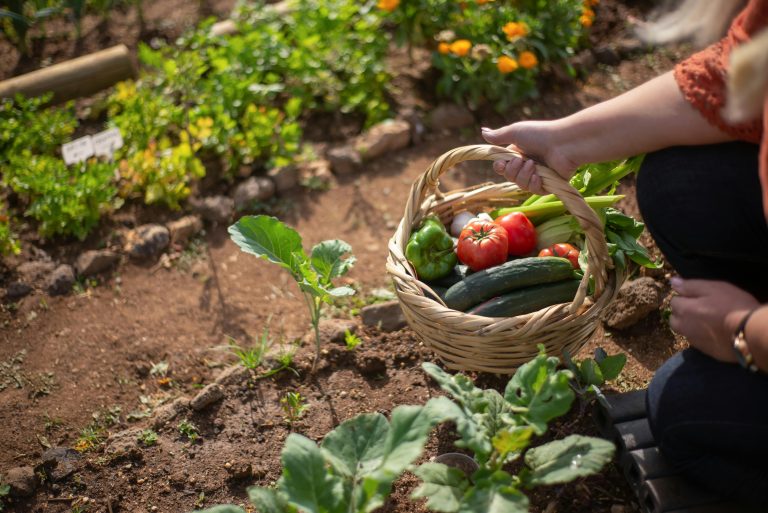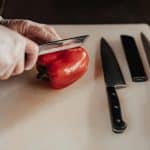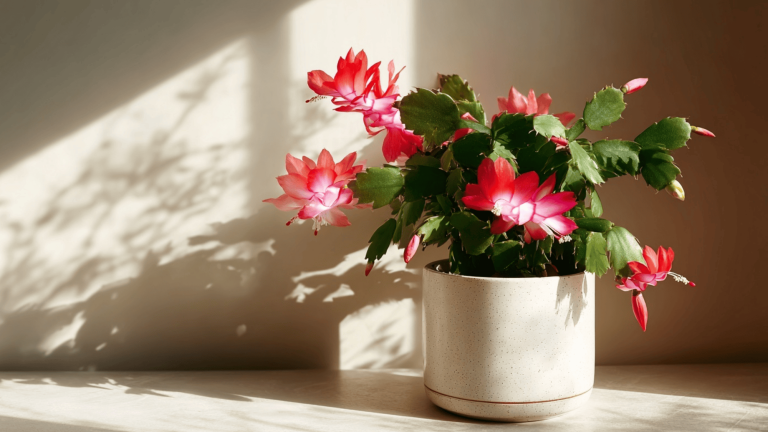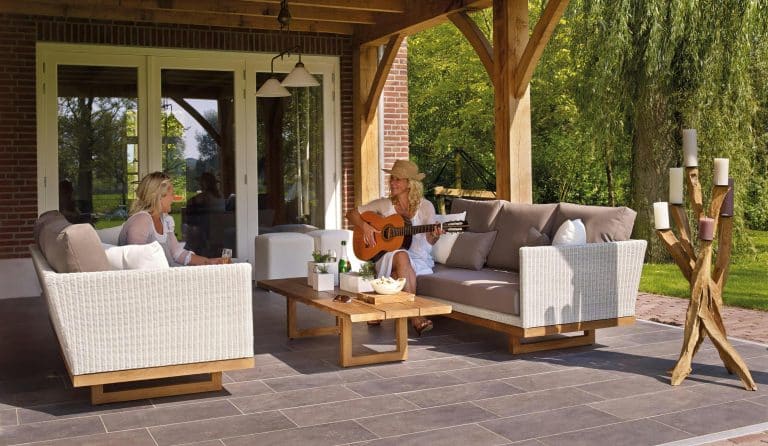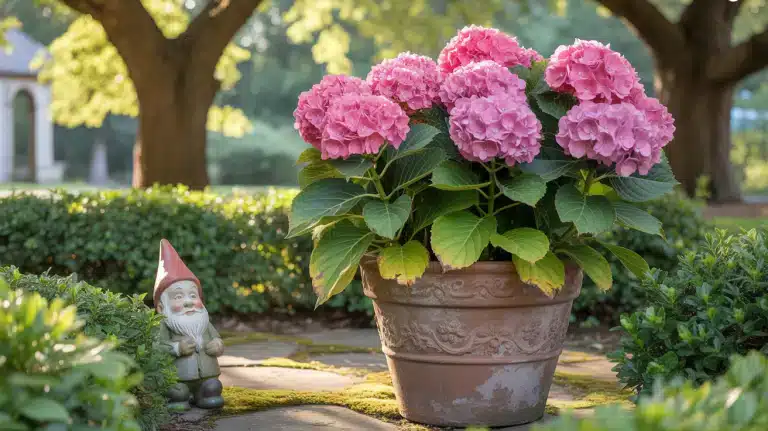There was a time when the word homesteading conjured images of weathered pioneers and wooden wagons. These days, it’s more likely to call up a TikTok video of someone canning tomatoes while their solar panels hum in the background. The new homesteader isn’t escaping modern life. They’re hacking it. At a time when inflation, burnout, and digital fatigue have everyone looking for something that feels real again, starting a homestead isn’t just a lifestyle choice, it’s an act of economic and emotional rebellion that’s paying off.
The New American Independence
Owning a homestead today has become less about nostalgia and more about sustainability with a return on investment. Rising grocery costs and unstable supply chains pushed people to look closer at what they could grow themselves, and suddenly small farms, chicken coops, and backyard gardens turned into thriving micro-economies. What used to sound like a hobby became a legitimate financial hedge. Homesteaders sell eggs, honey, and produce to local markets, offset their power bills with solar energy, and skip expensive grocery runs entirely. It’s entrepreneurship dressed in overalls.
But it’s not all about money. People are finding sanity in soil. There’s something stabilizing about physical work, feeding your family with your own hands, and measuring success in living things rather than metrics. The self-reliant mindset that defines homesteading has become a way to feel grounded in an unpredictable world.
The Learning Curve Of The Land
Getting started doesn’t require inherited acreage or a trust fund. It takes curiosity and a willingness to fail forward. You’ll make mistakes. You’ll overwater your tomatoes, underestimate the mud, and probably name your first goat something you’ll later regret. But each misstep builds knowledge, and knowledge in this space is wealth.
This is where studying agriculture makes a difference. Not everyone needs a degree, but taking local extension courses or online workshops can fast-track understanding of soil health, crop rotation, composting, and livestock care. Those who treat it like a business learn how to plan harvest schedules, manage costs, and turn a seasonal yield into consistent income. And the beauty of modern homesteading is that the same technology driving global commerce, data tracking, online marketplaces, automation, can also optimize a 10-acre plot or a backyard garden. It’s the blend of old-world resilience and new-world tools that makes the model work.
Turning Dirt Into A Diverse Income
Homesteading has become one of the most flexible business models in America. A single property can generate multiple income streams: eggs and dairy, canned goods, meat birds, cut flowers, handmade soaps, or short-term farm stays. The startup costs can be manageable if approached strategically, and the returns go beyond money. Those who raise their own food gain control over what they consume, and those who sell locally often end up with stronger community networks than most corporate employees ever build.
Some homesteaders even teach or consult, helping others avoid rookie errors. Others film their process, building online followings that rival lifestyle influencers. It’s the rare corner of the economy where authenticity still sells.
When The Coop Becomes A Classroom
Ask anyone who’s kept livestock and they’ll tell you: animals are great teachers. They demand consistency, care, and a sense of humor. Chickens, in particular, have become the mascot of the modern homestead, turning suburban lawns into small-scale farms. They also introduce challenges. Pecking sores, frostbite, or bumblefoot can derail an entire flock if not handled quickly. That’s why many homesteaders keep a poultry spray that can help the healing of pecking sores, vent prolapse, frost bite, bumblefoot, scratches, and more on hand. It’s one of those small investments that pays off by preventing loss and keeping animals healthy.
This level of attentiveness doesn’t just improve animal welfare, it teaches practical biosecurity and problem-solving. Homesteaders learn to observe, adapt, and troubleshoot fast. The result is a kind of confidence that can’t be replicated in a traditional job.
The Bigger Picture Of Living Small
Homesteading isn’t about cutting ties with society. It’s about reconnecting with value systems that got buried under convenience. The land becomes a partner rather than a possession. Waste turns into compost. Work turns into nourishment. A day that starts with feeding chickens might end with balancing books or editing a marketing post for the farm’s social page. The rhythm of life feels less like chaos and more like balance in motion.
While it’s easy to romanticize it, successful homesteading takes grit, planning, and patience. But those who commit find something most people spend their entire lives chasing: peace that’s earned, not purchased. They build equity in themselves, their land, and their community at the same time.
When you strip away the novelty and hashtags, starting a homestead is a statement about ownership, of time, labor, and purpose. It’s the quiet shift from dependence to self-determination, from stress to satisfaction. The payoff isn’t just in produce or profits. It’s in rediscovering what it means to build something lasting with your own hands and watch it grow. For many, that’s the smartest investment they’ll ever make.

